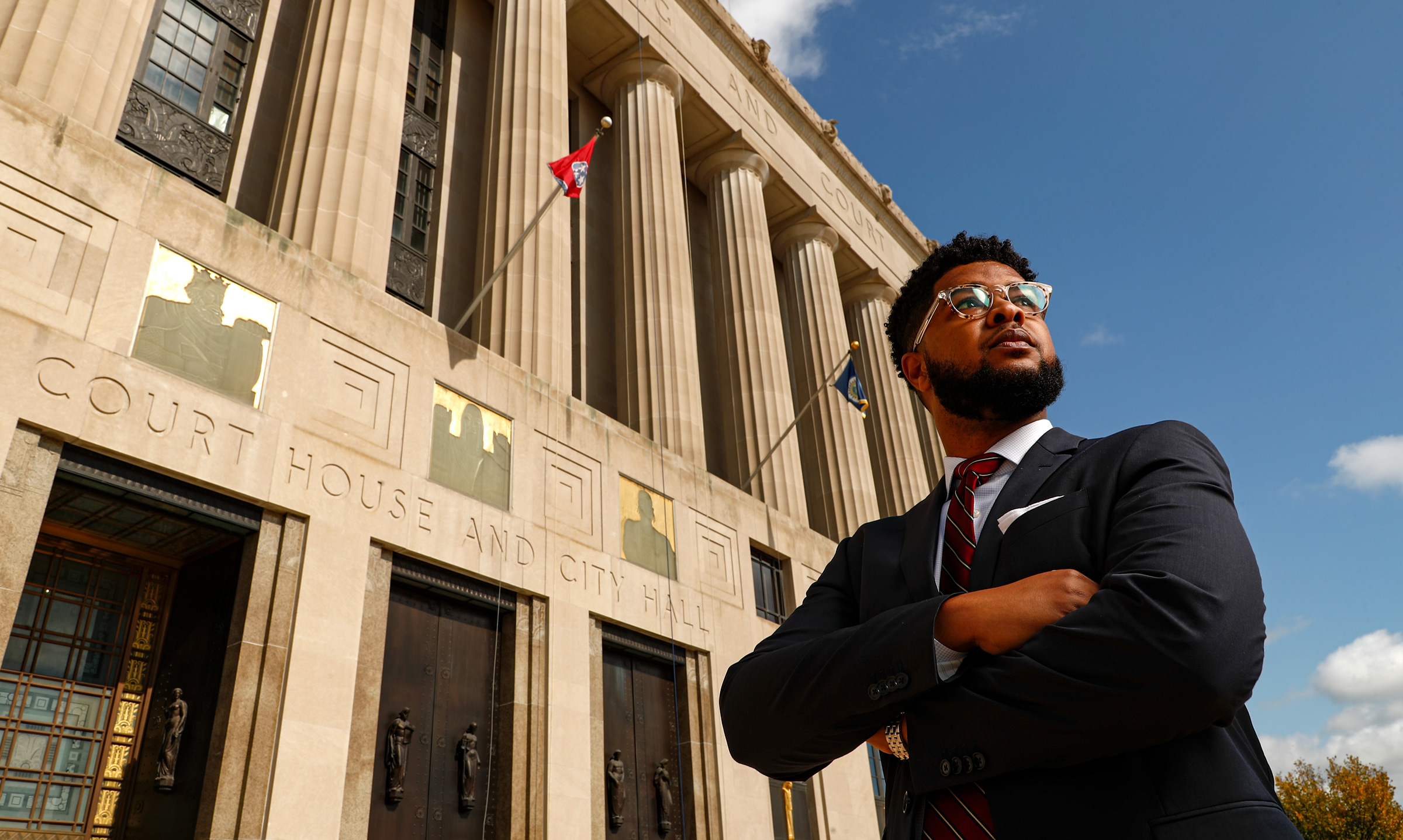By Robert Fisher
Through the window of my office in downtown Nashville, I can see an Alexander Hamilton quote etched into the façade of a government building. It reads, “The first duty of society is justice.” It is a daily reminder that our public institutions have a specific duty to the people they serve.
In these times, it calls on us to do even more.
I’ve spent the last several years exploring how public institutions can improve educational outcomes for young people. In graduate school, I studied how public universities could meaningfully support Black undergraduate women. Then I worked at a public-school district to deepen partnerships between schools and community-based organizations that provide anti-poverty services to students. Now I have the opportunity to advise the mayor of Nashville on matters of education policy and leadership.
If my work at the intersection of education policy and youth opportunity has taught me anything, it’s that diversity alone is not enough to realize justice for young people. Higher education institutions, including the University of Tennessee, have yet to fully internalize this insight.
While universities fall short in pursuing justice across a range of indicators—gender, disability, immigrant status, class and more—given recent events, it seems apropos to focus on race. In the wake of police killings of unarmed Black folks and community uprisings over the last few years, we’ve seen many institutions rely on a diversity playbook of sorts: convene a task force, host town halls, draft a statement or report highlighting new initiatives, possibly identify indicators of success and maybe even hire a chief diversity officer. But, so often, after all the campus conversations about race and racism have subsided, large racial disparities in student success persist, and all the reports and new hires become ends unto themselves. There are a variety of reasons this playbook comes up short, but chief among them is an overly wrought focus on diversity.
When I reflect on Hamilton’s quote, I arrive at the conclusion that universities struggle to deal with racism on their campuses because they myopically strive for racial diversity rather than racial justice. Public universities, like UT, are enmeshed in a history of structural racism and systemic injustices that often date to their founding, and though it is difficult to accept, universities cannot solve historical inequities with diversity initiatives alone. Higher education institutions, like ours, must meet the challenges of race-based inequality with action plans rooted in systems change. Otherwise, they become complicit in the maintenance of oppressive systems, or worse yet, they exacerbate them.
Diversity and justice invite us to consider different approaches to change. Diversity may result in stand-alone programs that help students of color navigate barriers to graduation but change relatively few about how institutions actually operate. Justice, however, demands that universities make structural changes such that little to no barriers exist in the first place. This sort of change might manifest in a complete overhaul of first-year experiences so that students of color have systematic and intentional access to the supports and opportunities they need to thrive, or it could mean fully redesigning teaching and learning practices so that students not only see themselves reflected in their professors but also in the texts they read and research questions they explore.
Irrespective of specific strategies, though, racial justice requires truth-telling and asks us to prioritize the voices of those who have been most marginalized in the search of that truth. That is a daunting proposition for a centuries-old institution, I know, but it is what Hamilton’s prescient call for justice demands. More importantly, it is what all UT students, faculty, staff, administrators and alumni deserve.
Robert Fisher is a 2015 UT Chattanooga graduate and Rhodes Scholar. He is the senior advisor for education for Nashville Mayor John Cooper.



